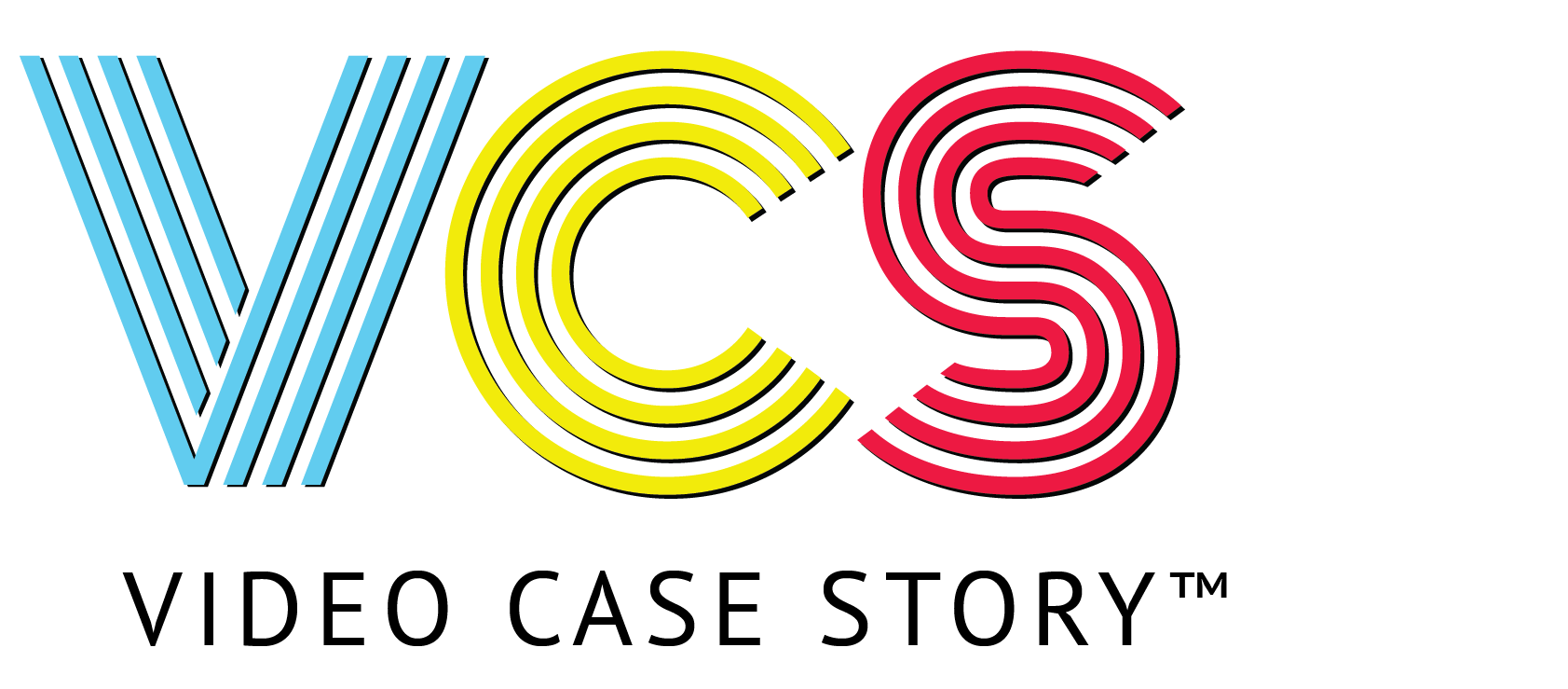What Questions to Ask During a Video Testimonial
A video testimonial can be a potent marketing tool (By now, you should already know what we mean when we say video testimonials).
They can help you build trust with potential customers, and showcase the real-world impact of your product or service.
But if you’re not sure what questions to ask during a video testimonial, you might not get the most out of this valuable asset.
In this blog post, we’ll give you a few tips for questions to ask during a video testimonial, so you can get the most out of this valuable marketing asset.
HOW TO ASK TESTIMONIAL QUESTIONS
A key component of any successful video testimonial is asking the right questions.
This means identifying the key points that you want to cover and then framing your questions in a way that will elicit the most helpful responses from your participants.
While it can be tempting to simply ask general questions about someone’s experience with your product or service, it is often more effective to ask specific, probing questions that will really get to the heart of what you want to know.
By taking the time to craft thoughtful questions, you can create a video testimonial that is both informative and engaging.
CONNECTING WITH YOUR CUSTOMER
The first step in trying to connect with your interviewee is key.
You’ll want to ask questions about who they are, what they do, and how long their problems have existed.
This will help you understand their situation and what they’re looking for in a testimonial.
It’s also important to video the testimonial so you can see the person’s body language and get a sense of their personality.
When you’re interviewing someone, it’s important to be respectful and sensitive to their situation.
You want to make sure you’re getting their story accurately and that they feel comfortable sharing their experiences with you.
IDENTIFYING THEIR CONFLICT
The next important thing is to understand everything about your subject’s problem.
What conflicts do they have?
When did it first arise?
And when did they know that they have a problem?
Asking these questions will help you to get a better understanding of their situation and what led them to seek out your product or service.
With this knowledge, you’ll be able to craft a video that is both relatable and persuasive.
Additionally, try to put yourself in their shoes; think about how you would feel if you were in their situation.
By empathizing with your subject, you’ll be able to create a more powerful and effective video testimonial.
REVEALING THE CONFLICT WITHIN THEMSELVES
When you’re trying to figure out what’s holding your customers back, it’s important to look beyond the surface.
The actual problems they’re facing may only be symptomatic of deeper, internal issues.
Do they lack faith in themselves?
Are they making excuses to move forward?
Are they misinformed about the risks?
Asking your customers key questions can help you get to the root of the problem.
CONCLUDING THEIR STORY
Finally, as you reach the conclusion of your video testimonial, it is key to understand where your customer is at now.
Try to understand how life is for them after working with you.
You can ask questions like…
What’s happening now?
When did you know your struggles are over?
And other questions that show your audience the after-effects of working with you.
These questions will help to bring out the key moments that trigger human emotion.
This emotional footage will be the most impactful part of your video, so make sure to obtain it through thoughtful questioning.
By understanding your customer’s current situation, you can create a video case story that is both relatable and moving.
If you’re not sure where to begin or you want a simple, done-for-you solution to your video case stories, schedule a call with one of our video case story experts today!
